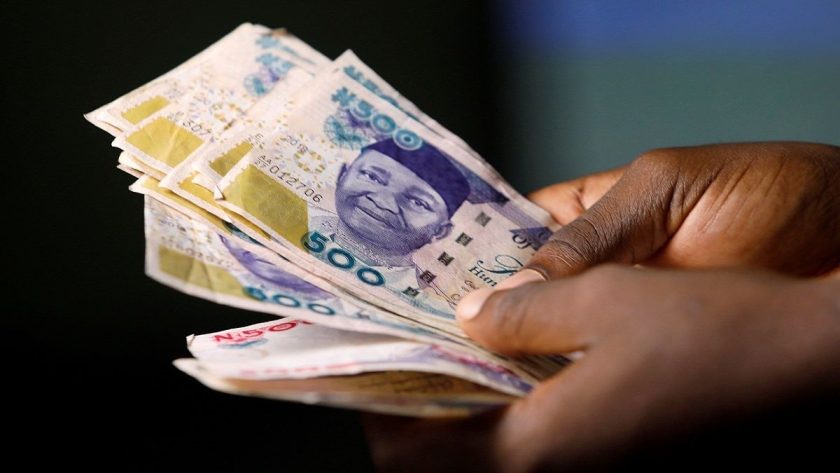Treasury Bill Yield Falls as Investors React to Disinflation
The average yield on Nigerian Treasury Bill continues to decline as investors lock in positions amidst rate cut expectations and disinflation. With the third disinflationary trend in the Nigerian economy, some analysts are now anticipating that the Central Bank will cut rates at the monetary policy committee meeting next week.
Nigeria’s headline inflation fell to 22.22% for the month of June, while the policy rate has been kept at 27.50%, widening the real return on investors above 5%. Inflation is projected to maintain a downtrend for the second half of the year in the absence of significant shock, an expectation that is also partly supported by the stability of the Nigerian naira.
As a result of the market dynamics, investors are locking their currency positions, given that spot rates on naira assets have been in decline at the recent past primary market auctions.
On Thursday, the Nigerian Treasury bills traded on a bullish note in the secondary market again. Hence the average yield pared by 1 bp to 18.3%, Cordros Capital Limited said in its note to investors.
Across the curve, analysts noted that the average yield contracted at the short (-1 bp) and long (-3 bps) ends, driven by demand for the 84-day to maturity (-1 bp) and 252-day to maturity (-28 bps) bills, respectively.
Yield expanded at the mid segment by 2 basis points due to profit-taking activities on the 175-day to maturity bill; its associated yield climbed by +26 bps at the close of the trading session.
Most activity focused on mid-to-long tenors, particularly the 6-Jan., 5-Mar., and 9-Jul. Treasury bills. OMO trades were limited, with only the 14-Apr bill showing movement. Meanwhile, the average yield expanded by 8 bps to 24.7% in the OMO segment. Zenith Bank Now Value at N3trn in Nigerian Bourse

